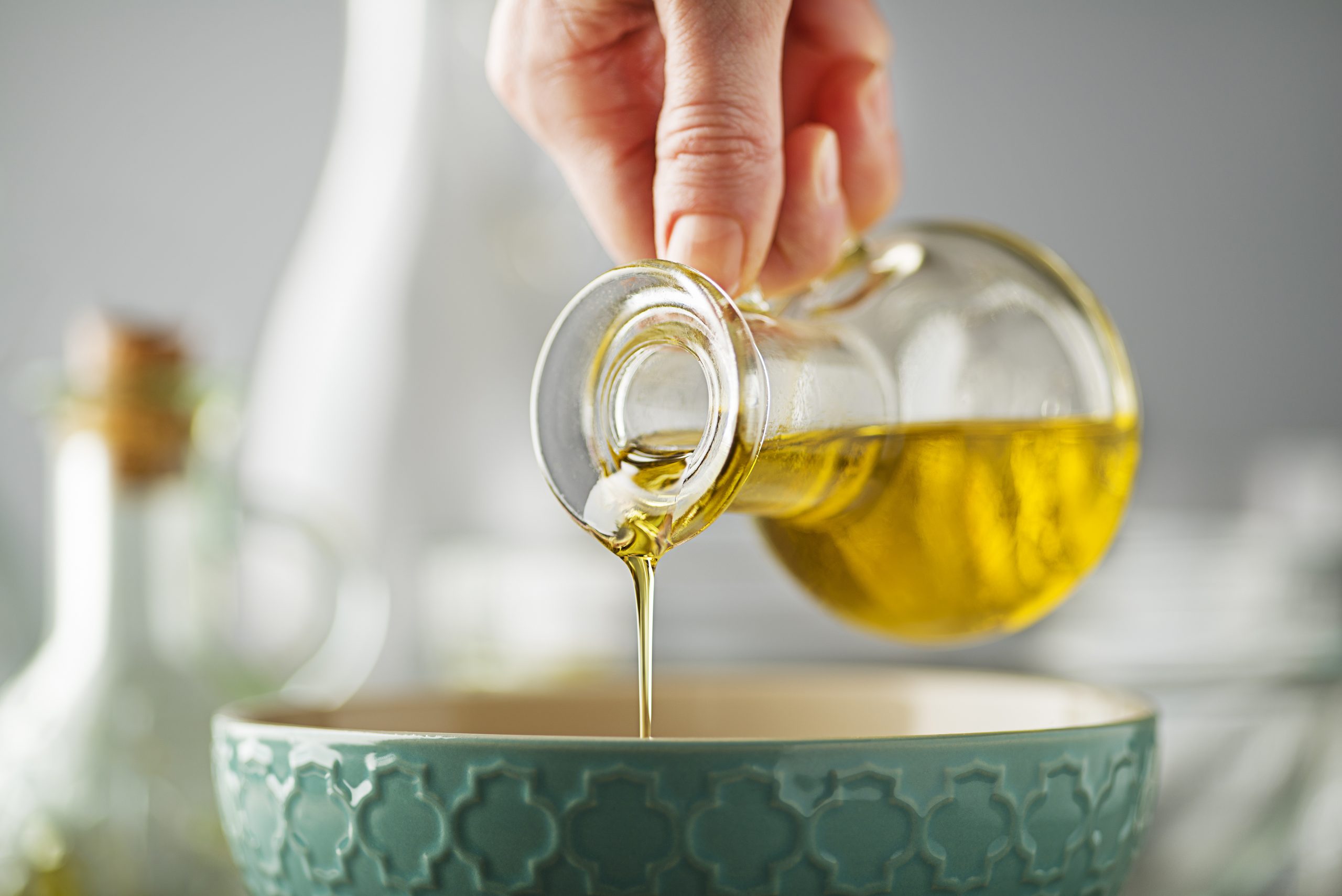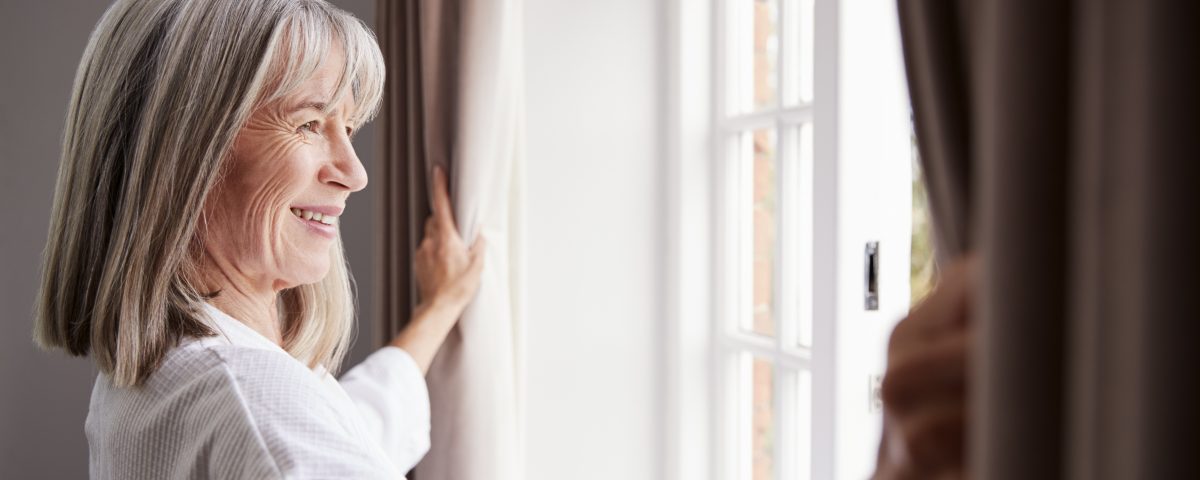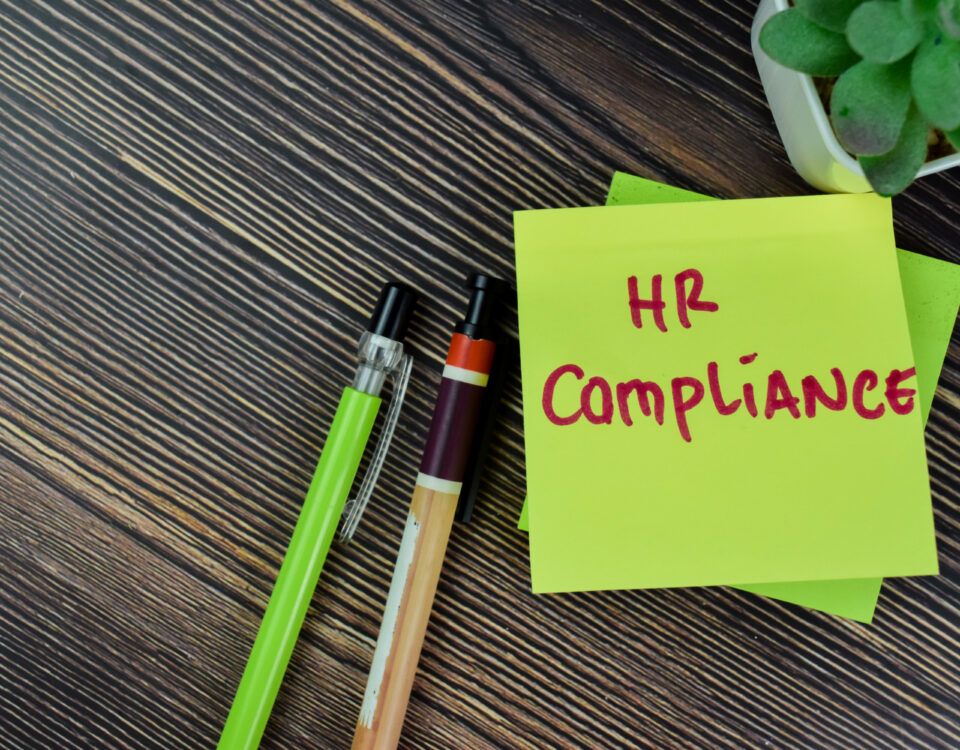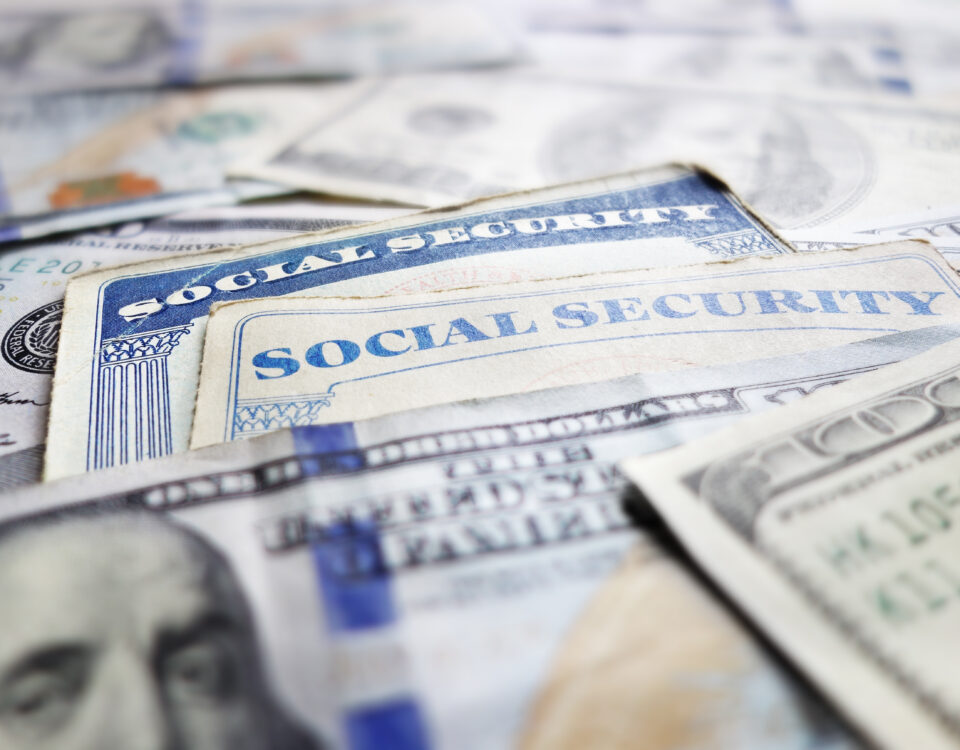
Health Tip: Create Balance in Your Diet With Fats
October 12, 2020
Villas Luxury Senior Apartment Community Near Staten Island Spotlights 10 Benefits of Exercising Regularly
November 17, 2020Upscale resort-inspired apartment community – providing independent living, assisted living and memory care – advises that you synchronize your ‘circadian rhythm’
If you’re feeling a bit sluggish during the day, you might want to take a closer look at your sleep/wake cycle.
As explained by health experts at the Villas of (Manalapan, N.J.), luxury senior apartment community, a short distance from Staten Island, N.Y., your natural internal clock, your sleep/wake cycle, is your “circadian rhythm.” This rhythm is both endogenous (internal) – and entrained, affected by environmental guides.
Such guides include core body temperature, melatonin secretion, cortisol levels, and oxidative reactions within the body; but the most influential guide is the sun: The sunrise, sunset, amount of light and amount of dark we feel. Humans, animals, plants, and even bacteria have these circadian rhythms.
Rhythmicity is important to us for both regulatinginternal metabolic processes and coordinating with our external environment. Hormone production, brain wave activity, cell regeneration, oxidative stress, heart rate, immune and inflammatory responses, autophagy, and core body temperature are all regulated by circadian rhythm.
CYCLES OF NATURE
To begin living with the cycles of nature and the rise and set of the sun, begin with your morning routine. Try to rise with the sun, or close to it. Go outside in the morning. Morning sun exposure (ideally without sunglasses) actually has the greatest influence on your circadian rhythm synchronization. Exercise daily, preferably in the morning sunlight, and outside in the fresh air. The blue light in the sunshine signals to the brain and body that it is morning, and to stop secreting our sleep hormone- melatonin. This timing helps synchronize when the body will then start secreting melatonin in the evening.
MORE TIPS TO SYNCHRONIZE YOUR CIRCADIAN RHYTHM:
- Try to avoid caffeine past noon and exercising right before bed
Caffeine and exercise increase alertness and wakefulness.
- When the evening comes, finish feeding your body two hours before bedtime.
Let your digestion wind down so your body can focus on repairing while you sleep. Digestion actually raises your body temperature which affects your internal clock and impacts your ability to fall asleep.
- Limit alcohol in the evening
Alcohol suppresses REM sleep, and induces a sedation, which is not the same as restorative sleep. It also elevates your heart rate which impacts your ability to enter deep sleep.
- Once the sun goes down, try to avoid over exposure to artificial lights and screens.
Artificial lights have blue light, which signal cessation of melatonin secretion at a time when you want it flowing. Perhaps make the switch to candlelight, less lights, or even low-blue light bulbs, blue light blocking glasses, and “night shift” mode on your electronics.
- Improve your sleep hygiene
Keep your room as dark as possible and slightly cool. Take a warm bath or shower right before bed; wind down by reading, writing, or meditating (instead of screens/TV). Also, use essential oils: Specifically, Lavender is relaxing and sleep promoting.
About the Villas
The Villas is an upscale, world class resort-inspired apartment community offering a range of amenities and services sensitive to the lifestyle, health and daily needs of seniors. Orchestrated by Hackensack Meridian Health, the complex is uniquely focused on wellness and prevention – and ideal for singles and couples alike. The luxurious 100,000-square-foot community offers a unique arrangement of supervision and increased healthcare with onsite physician services. Embracing independent-living, assisted-living, skilled-nursing and memory-care needs on specialized floors, the Villas eliminates the need to relocate elsewhere due to health issues, allowing couples to remain together in a comforting, well-managed, posh environment. The Villas is located at 289 Gordons Corner Road, Manalapan, NJ 07726. For information, or to schedule a tour, the Villas may be reached at 732-847-3920, contacted via www.villashmh.com/contact, and visited online at www.villashmh.com.
###
This article provides general information and discussion about medicine, health and related subjects. The words and other content provided in this article, and in any linked materials, are not intended and should not be construed as medical advice. If the reader or any other person has a medical concern, he or she should consult with an appropriately-licensed physician or other health care worker.
Never disregard professional medical advice or delay in seeking it because of something you have read on this blog or in any linked materials. If you think you may have a medical emergency, call your doctor or 911 immediately.
The views expressed in this article have no relation to those of any academic, hospital, practice or other institution with which the author, or authors, are affiliated.
Media Contact: Barton Horowitz
Relevant Public Relations, LLC
Headquarters: 718‑682‑1509
Mobile: 917‑715‑8761
Email: BHorowitz@RelevantPR.com



